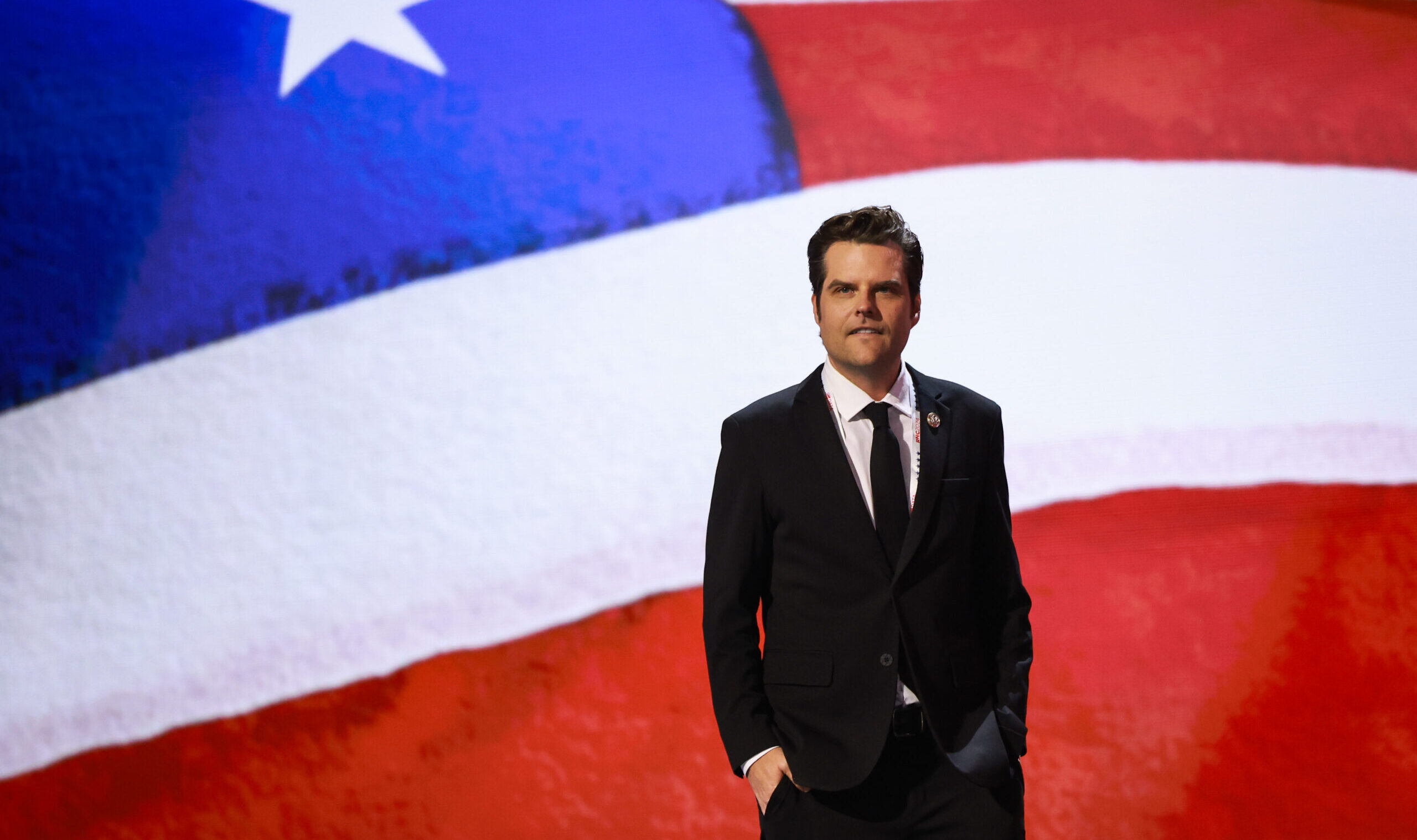Peckinpah Country
I’m on one of my periodic Sam Peckinpah benders. (“You call that a bender?” I can hear Sam sneer, as he gestures scornfully to my beer bottle with way too little ullage.) The trigger this time was a visit with my in-laws in L.A. I read James Cain and Raymond Chandler in preparation, not because I wanted to bump off a hapless cuckold but in order to see Glendale and Pasadena with 1930s eyes.
Peckinpah, a descendant of ranchers and lawyers from Fresno and the Sierra foothills, was California, Central Division. He was so Californian that his father was born on Peckinpah Mountain and his grandmother knew (and disliked) Calamity Jane.
Though sometimes caricatured as a nihilist for the balletic violence of his films, director Peckinpah was in fact “a desperate romantic at war with his own disillusionment,” as biographer David Weddle writes.
Sam’s grandfather, Denver Church, was a formative influence on the boy. Church, a four-term Democratic congressman who opposed U.S. entry into World War I, was described in John Wakeman’s World Film Directors as “an American individualist of the old school” who “opposed all kinds of government control. Though a total abstainer himself, he voted in Congress against Prohibition and later abandoned his political career because of his disapproval of Franklin D. Roosevelt and the New Deal.”
Romantic reactionaries tend to be born just as things they love are fading away. Sam recalled his foothills before the roads and developers invaded: “My brother Denny and I were in on the last of it. A lot of the old-timers dated back to when the place had been the domain of hunters and trappers, Indians, gold miners—all the drifters and hustlers. All that’s left now are the names to remind you, and what names: towns like Coarsegold and Finegold, Shuteye Peak, Dead Man Mountain, Wild Horse Ridge, Slick Rock. Denny and I rode and fished and hunted all over that country. We thought we’d always be part of it.”
They weren’t. But the memory of that lost place—the pain of watching that which one loves disappear—informs his best movies: “The Wild Bunch,” “Ride the High Country,” “Junior Bonner,” “Pat Garrett & Billy the Kid.”
This last, with its elegiac score by Bob Dylan, is at once listless and haunting, as it treats Peckinpah’s two favorite themes: men out of time and the imperative of loyalty. Its tersely poetical script is by the underrated novelist Rudolph Wurlitzer (check out his brutal and ethereal The Drop Edge of Yonder) of the jukebox family.
Queried why he doesn’t kill his pursuer Pat Garrett, Billy the Kid (played by Kris Kristofferson) says simply, “He’s my friend.” No other explanation is necessary, or even possible. It’s the same reason Peckinpah’s Wild Bunch go on a mission perdu to rescue their compadre Angel from the sleazy federale Mapache.
 “Aren’t your losers and misfits conformists to outdated codes?” asked a Playboy interviewer in 1972. Peckinpah replied, “outdated codes like courage, loyalty, friendship, grace under pressure, all the simple virtues that have become clichés, sure. They’re cats who ran out of territory and they know it, but they’re not going to bend, either: they refuse to be diminished by it. They play their string out to the end.”
“Aren’t your losers and misfits conformists to outdated codes?” asked a Playboy interviewer in 1972. Peckinpah replied, “outdated codes like courage, loyalty, friendship, grace under pressure, all the simple virtues that have become clichés, sure. They’re cats who ran out of territory and they know it, but they’re not going to bend, either: they refuse to be diminished by it. They play their string out to the end.”
In my rare dark moods I wonder if this is our fate: to play out the string as best we can, even though the game was lost long before most of us were even born. During the nation’s bicentennial, by which time Peckinpah was pretty well strung out, his best films behind him, the director said, “I feel I’m an American citizen. Dummy, I believe in all that shit. Mort Sahl called me a 1939 American. I still believe. But somebody better start waking up pretty soon.”
I love Sahl’s phrase: 1939 American. Before perpetual war and suffocating bureaucracy, this used to be a helluva country, as Jack Nicholson mused through a haze of marijuana smoke in “Easy Rider.”
“1939 American” has nothing to do with ethnicity or national origin and everything to do with loyalty to one’s place and love for one’s country—the real country of flesh and bone and memory, not the televised “America” of Lady Gaga and the Pentagon. While in Southern California I spent several days in the company of Syrian-Armenians who didn’t come to this country till well after 1939, and believe me, they are 1939 Americans.
They are also outraged that the effect, if not intent, of U.S. foreign policy is the systematic destruction of the Christian cultures of the Middle East. In our land of lost Angels, Mapache still has the guns.
Read Bill Kauffman every month in The American Conservative. Subscribe here, or try our Kindle edition.
